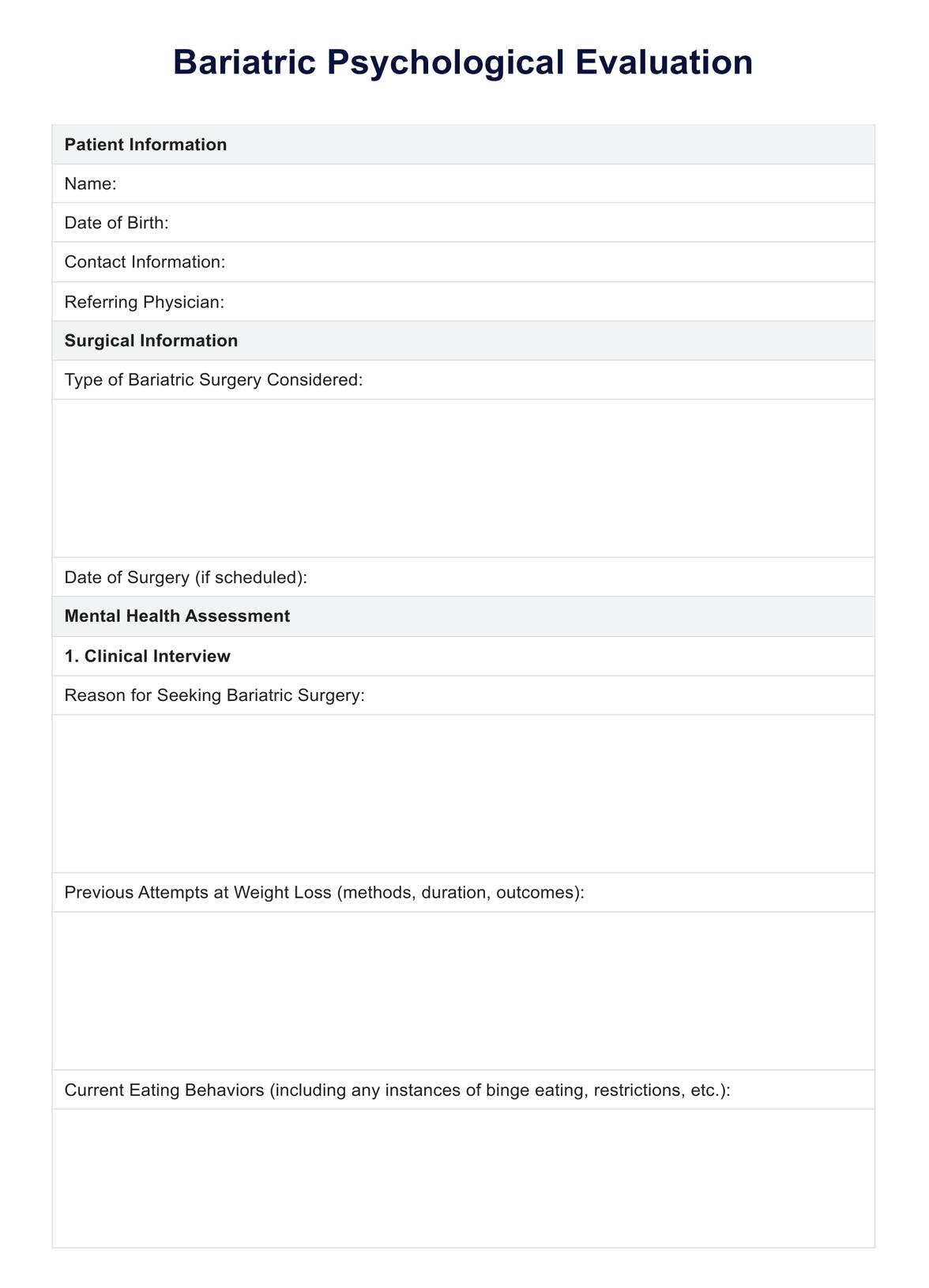What is bariatric surgery?
Bariatric surgery, also known as weight loss surgery, refers to a group of medical procedures designed for individuals struggling with obesity, where other weight loss methods have not been successful. These surgeries change the digestive system, some by restricting the amount of food the stomach can hold, others by altering the absorption of nutrients, or both.
Common types of bariatric surgery include gastric bypass, sleeve gastrectomy, adjustable gastric band, and biliopancreatic diversion with duodenal switch. Each type has its unique approach but shares the goal of helping patients lose excess body weight.
Beyond losing weight, bariatric surgery aims to resolve or mitigate various obesity-related conditions, such as type 2 diabetes, high blood pressure, and sleep apnea, ultimately promoting a healthier and improved quality of life.
Risks of bariatric surgery or weight loss surgery
Bariatric surgery, while significantly beneficial for weight loss and improving various health conditions, comes with its risks and considerations. Bariatric surgery patients need to be aware of these potential challenges to make informed treatment decisions:
- Potential complications: Like any major surgery, bariatric procedures carry risks of complications. These can range from immediate post-surgical issues like infection or blood clots to longer-term concerns like nutrient deficiencies or gallstones. Awareness and understanding of these risks allow for better preparation and management.
- The necessity for lifelong dietary adjustments: Undergoing bariatric surgery necessitates a commitment to permanent changes in dietary habits. Patients must adhere to strict nutritional guidelines to avoid complications and ensure the effectiveness of the surgery. This includes eating smaller portions, avoiding certain foods, and ensuring adequate nutrient intake.
- Lifestyle changes required: Beyond dietary adjustments, a comprehensive lifestyle change is crucial for the success of bariatric surgery. Regular exercise, ongoing medical monitoring, and sometimes psychological support are needed to maintain weight loss and health improvements.
- Emphasis on informed decision-making: Understanding the potential risks and required changes helps patients and their healthcare providers to make informed decisions about proceeding with bariatric surgery. It underscores the importance of weighing the benefits against the risks to ensure the best possible outcomes for the patient’s health and quality of life.
In the pre-surgical phase, educating patients on these aspects is crucial, ensuring they embark on this transformative journey with clarity and preparedness for the challenges and changes ahead.












